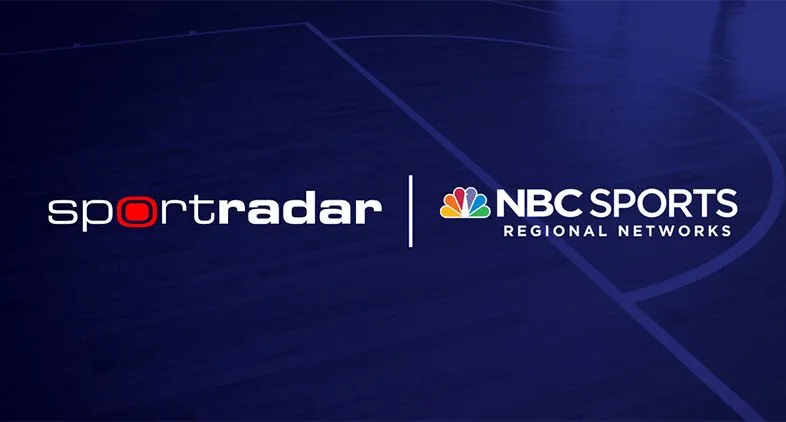FCC OTA Reception Device Rules Not Limited to Satellite and TV Antennas
The professional video industry's #1 source for news, trends and product and tech information. Sign up below.
You are now subscribed
Your newsletter sign-up was successful
In response to questions from the public regarding use of unlicensed devices in multi-tenant and public environments such as hotels, conference and convention centers, airports, colleges and universities, the FCC has reaffirmed that, "under the Communications Act, the FCC has exclusive authority to resolve matters involving radio frequency interference [RFI] when unlicensed devices are being used, regardless of venue." The right to install and operate antennas for unlicensed services was also confirmed, with the FCC saying, "We also affirm that the rights that consumers have under our rules to install and operate customer antennas one meter or less in size apply to the operation of unlicensed equipment, such as Wi-Fi access points-just as they do to the use of equipment in connection with fixed wireless services licensed by the FCC."
The FCC Public Notice Commission Staff Clarifies FCC's Role Regarding Radio Interference Matters and Its Rules Governing Customer Antennas and Other Unlicensed Equipment notes that both the FCC and federal courts have overturned attempts by third parties to regulate RFI matters. Referring to Communications Act of 1934 as amended, the Public Notice says, "The statute has always contemplated FCC authority over not only RFI issues raised by the operation of FCC licensees, such as radio broadcast stations, but also RFI issues arising from the operation of unlicensed devices."
In the Public Notice, the FCC says, "We also affirm that the consumer protections for the installation and use of consumer antennas under the FCC's Over-the-Air Reception Devices (OTARD) rules apply to unlicensed devices. By their terms, these rules apply, among other things, to customer antennas-one meter or less in size-used for transmitting and/or receiving any fixed wireless signal of any commercial non-broadcast communications signal that is transmitted via wireless technology to or from a customer location. The rules prohibit homeowner associations, landlords, state and local governments, or any other third parties from placing restrictions that impair a customer antenna user's ability to install, maintain, or use such customer antennas transmitting and/or receiving commercial non-broadcast communications signals when the antenna is located 'on property within the exclusive use or control' of the user where the user has a 'direct or indirect ownership or leasehold interest in the property', except under certain exceptions for safety and historic preservation."
While the term 'fixed wireless services" could be interpreted to apply to amateur radio stations as well, the FCC descriptions do not mention this use. The FCC said that the OTARD protections apply to certain kinds of wireless technologies where consumer-end antennas also function to relay service to other customers, such as those used in mesh networks. Customer antennas could be used for video services, telecommunications and Internet access and OTARD protections would apply regardless of whether the fixed wireless signals were delivered on a licensed or unlicensed basis. A footnote in the Public Notice says, "The Commission did note that its ruling that OTARD protections apply to customer end-equipment that also relays service to other customers did not mean that 'carriers may simply locate their hub-sites on the premises of a customer in order to avoid compliance with a legitimate zoning regulation.' Rather, the protections apply when the equipment is installed in order to serve the customer on such premises."
See the Public Notice Commission Staff Clarifies FCC's Role Regarding Radio Interference Matters and Its Rules Governing Customer Antennas and Other Unlicensed Equipment for details.
The professional video industry's #1 source for news, trends and product and tech information. Sign up below.
